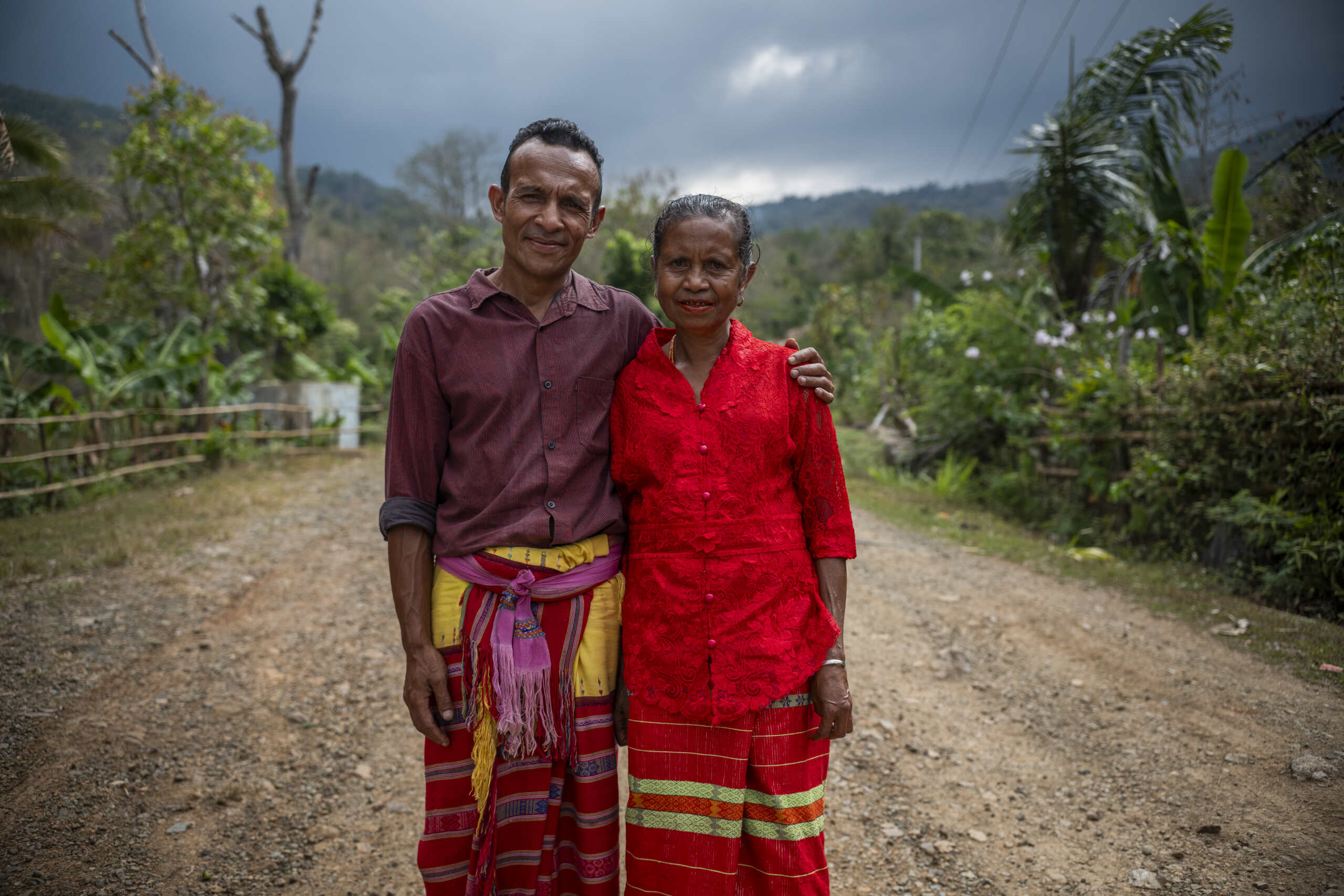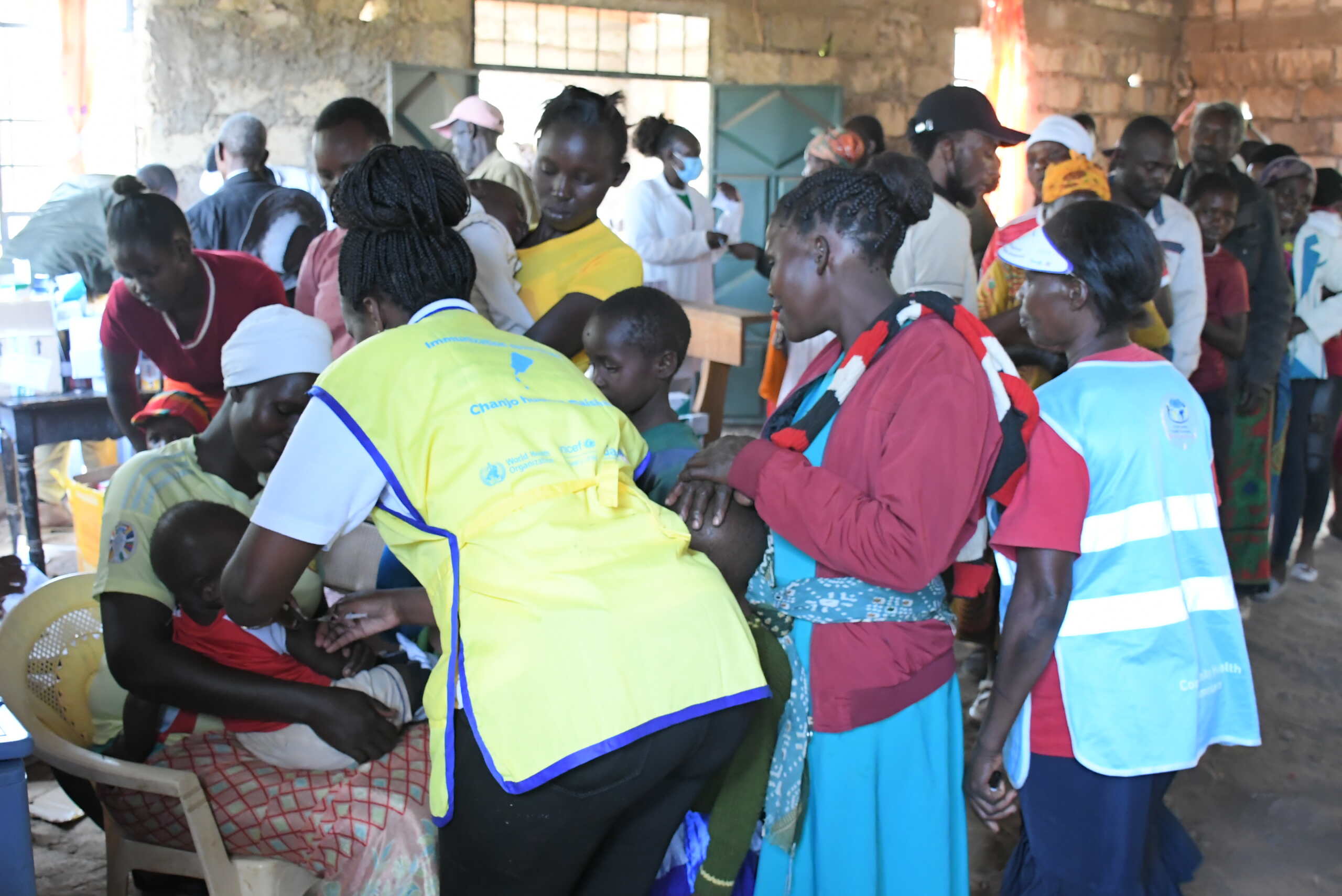CBM IAG’s work in 2025 through the preconditions to inclusion and movement strengthening frameworks
Iag, Stories | August 11, 2025
It’s been a busy, exciting start to the year for CBM Inclusion Advisory Group. As we head into the second half of 2025, we’re thrilled to share some key milestones and successes including the launch of two key resources to support movement strengthening and the equitable participation of people with disabilities.
In partnership with the Pacific Disability Forum, CBM co-developed the Preconditions for Inclusion brief—a framework outlining the systemic changes needed at national, sub-national, and community levels to ensure people with disabilities can participate fully in all aspects of community life.
We also released CBM’s Disability Movement Strengthening Framework, which outlines approaches and guiding principles to work in partnership with the disability movement.
These resources are the result of close collaboration and shared learning alongside our OPD partners. We look forward to seeing these publications in use and helping to drive meaningful change across the sector.
Some landmark evaluations have also been completed that looked at the provision of CBM’s advisory services to the Water for Women Fund through project extensions implemented by the Netherlands Development Organisation (SNV) between 2022 – 2024. The independent evaluations found that there was encouraging progress in delivering inclusive, climate-resilient water and hygiene services to communities in Bhutan, Nepal and Laos.
In Bhutan and Nepal, the evaluation found that CBM’s advisory support had helped shift attitudes and practices around disability inclusion. With the programs, along with their local partners, integrating disability inclusion or addressing barriers to inclusion throughout program stages and activities. This in turn lead to greater engagement with people with a disability and OPDs, and their increased participation and influence in project decision making.
With the support of CBM’s technical advice both programs also strengthened local disability networks, adding to the sustainability of project outcomes. While in Nepal additional government services —like disability help desks—were established to provide ongoing support. Notably, the evaluation found that the strong emphasis on disability-inclusive Water, Sanitation and Hygiene (WASH) is likely to continue, as project interventions have embedded disability awareness among key local and government stakeholders.
The assessment highlighted that an increase in disability-inclusive infrastructure had been supported through the programs. As in Nepal initial government funding allocations were introduced to upgrade inclusive WASH infrastructure. While in Bhutan ramps and accessible toilets had been installed at local health facilities because of program interventions.
Interested in learning more about CBMA’s Inclusion Advisory Group and how we partner with the disability movement to advance inclusion and equity? Find more information here.
https://www.cbm.org.au/iag/cbm-iags-work-in-2025-through-the-preconditions-to-inclusion-and-movement-strengthening-frameworks
Related Stories

How CBM is making a difference in Indonesia
For more than 45 years, CBM Global has been working alongside communities in Indonesia to ensure people with disabilities...

Coordinating inclusive health outreach in Meru County
For many households in Meru’s rural and remote areas, basic health services are physically...

Share your advocacy preferences with us
Thank you for helping us to advocate for the one billion people with disability globally. CBM Australia advocate across...
